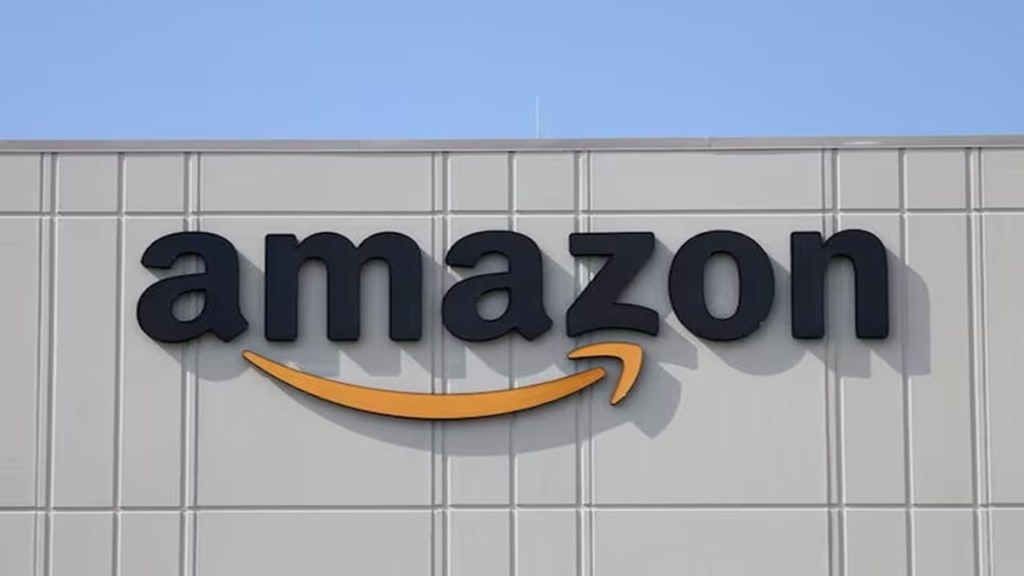Amazon plans to expand its network of micro-fulfilment centres in India from 100 to 300 by the end of 2025, underscoring the global e-commerce major’s growing push into quick commerce.
These smaller facilities, currently operating in cities like Bengaluru, Delhi and Mumbai, are designed to speed up deliveries of daily essentials and high-demand items. They can be compared to dark stores operated by q-commerce majors like Swiggy Instamart and Eternal’s Blinkit.
The company said the expansion is part of a Rs 2, 000-crore investment earmarked for India this year. “We have invested Rs 2,000 crore to increase the infrastructure throughout the year so that we can give our sellers as much opportunity as possible to bring their inventory in and customers the best offers,” Karan Chugh, director operations, Amazon India said. He added that the e-commerce giant is currently focussed on capturing the metro markets for Amazon Now, before it looks towards tier 2 and tier 3 markets.
Multi-pronged approach to logistics
Besides micro-fulfilment centres, the investment covers the addition of 17 new fulfilment centres, 12 of which have been added in preparation for this year’s Great Indian Festival sale, six sortation centres, and 75 delivery stations.
The company is betting on a combination of delivery formats — including its “I Have Space” programme — to extend reach and reliability. The initiative partners with neighbourhood kirana shops and other small businesses to handle last-mile delivery. More than 28,000 such partners now operate across India, providing what Amazon describes as a hyperlocal and dependable link to customers.
“‘I Have Space’ has been one of our most-reliable channels. Local partners know their customers and neighbourhoods well, and the model also creates an additional income stream for them,” Chugh said, adding that the programme has since been replicated in more than a dozen international markets.
Technology and artificial intelligence form another plank of Amazon’s strategy. The company has rolled out AI tools that cut the time sellers need to list new products from hours to minutes. For customers, AI-powered assistants on the app suggest products based on preferences and provide historical price data to build confidence in purchases.
Technology and B2B Growth
AI also supports Amazon’s operations, from mapping optimal delivery routes to helping associates locate hard-to-find addresses. “AI is being used in every aspect of our business. It enhances productivity and efficiency — whether for sellers, customers or delivery associates,” Chugh added.
It has also deployed automation in warehouses, positioned as a “job aids” to make tasks easier rather than reduce headcount. This includes inventory management using scanners, sortation aides through conveyors and other touchpoints across the logistics and fulfilment chain.
The firm also anticipates the creation of as many as 150,000 seasonal jobs across its various sales event, culminating with the flagship festive season sale. Chugh added that this is a significant increase from 110,000 seasonal jobs created by Amazon India last year. He also said that 22% of the season workforce opted to come back the next year.
Ahead of the festive season, Amazon is also strengthening its B2B arm, Amazon Business, which has tripled dedicated fulfilment capacity in Mumbai, Delhi and Bengaluru to enable up to 50% faster deliveries for enterprises and small businesses.
The company has added new fulfilment centres in Pune, Nagpur and Thane, expanding Maharashtra’s role as a key hub. With 1,700,000 sellers now on the platform and over 190 million GST-compliant products available, Amazon Business has reported 35% year-on-year sales growth in the first half of 2025, driven by rising bulk orders and strong adoption in tier 2 and tier 3 cities.
